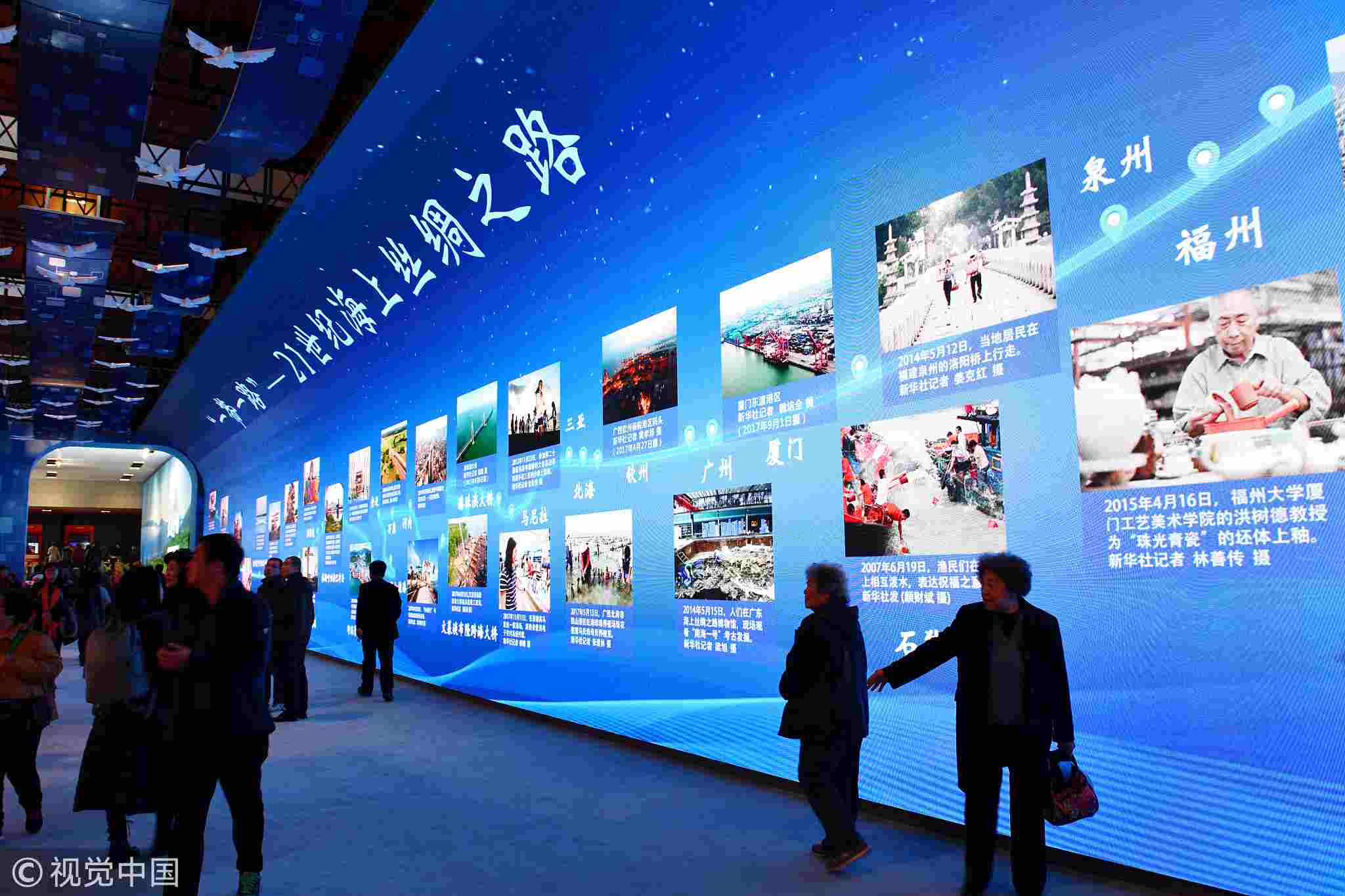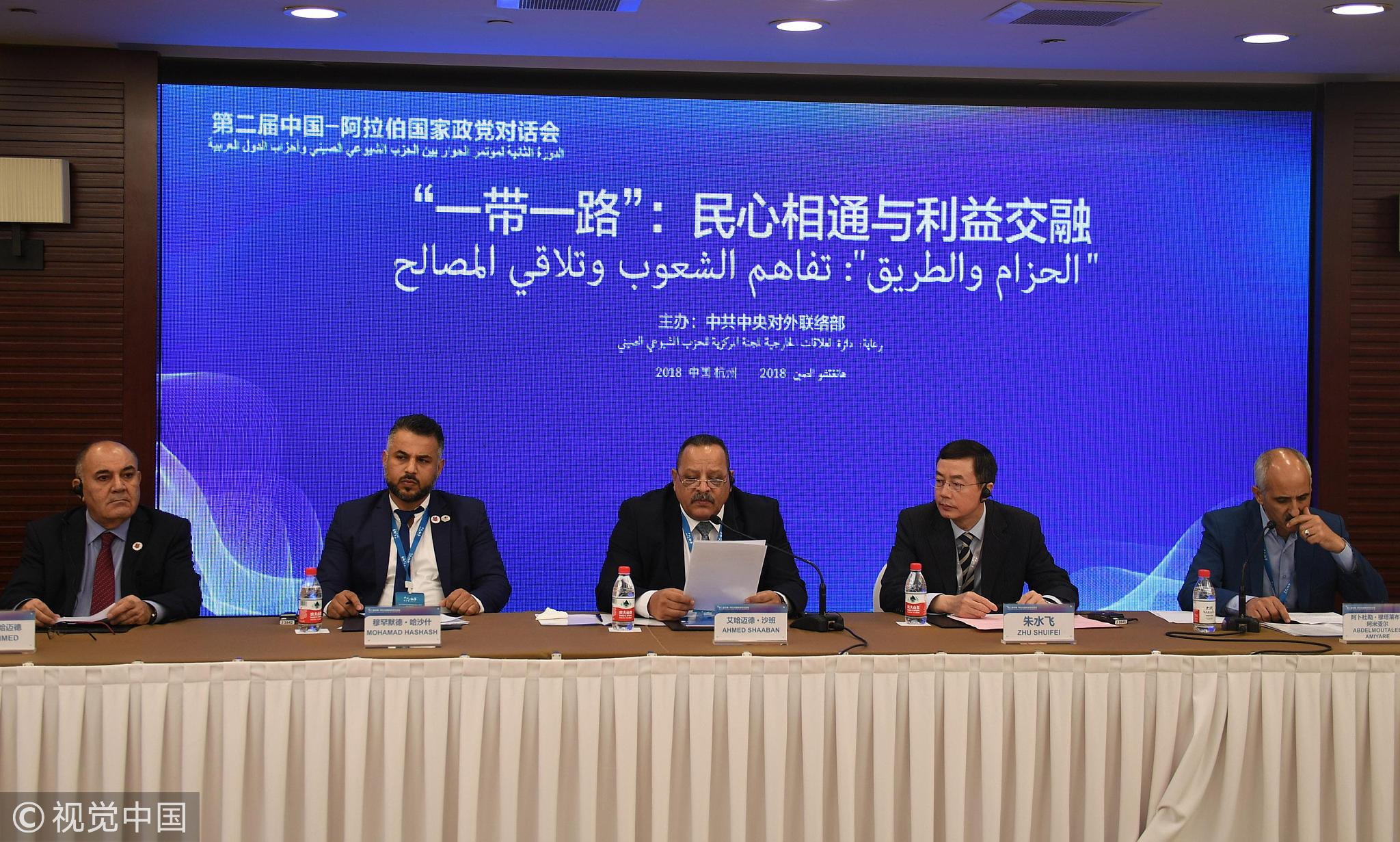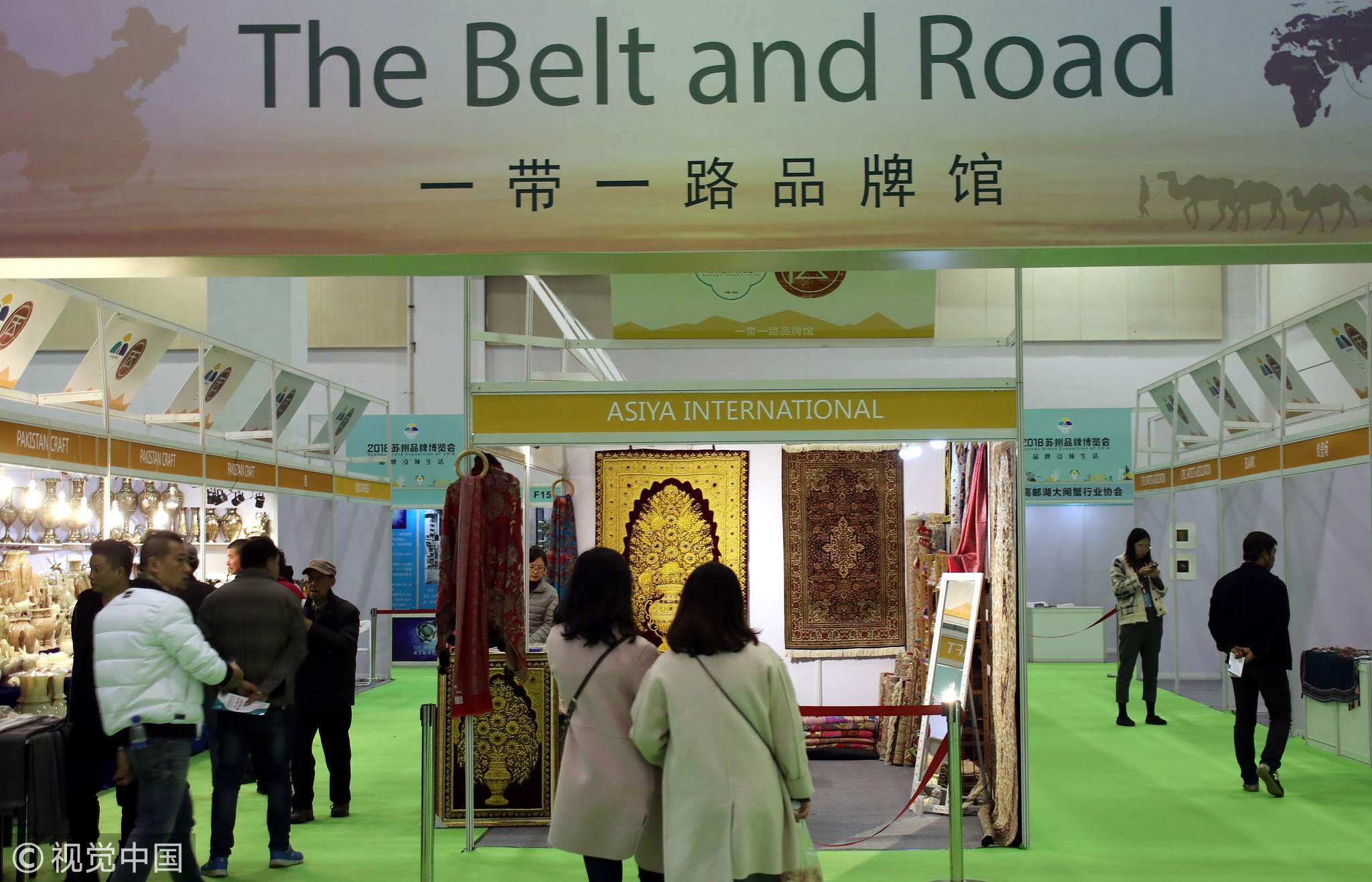
Opinions
18:39, 24-Nov-2018
Opinion: Acceptance of BRI not as wide: What should be done?
Updated
17:36, 27-Nov-2018
Daryl Guppy

Editor's note: Daryl Guppy is the President of the Northern Territory Office of the Australia-China Business Council (ACBC) and the Director of the National ACBC board. This article is based on the transcripts of his speech delivered at the Chinese Enterprises Outbound Investment Conference 2018, held from November 22 to 23, 2018 in Nanning, China's Guangxi Zhuang Autonomous Region. The article reflects the author's opinion, and not necessarily the views of CGTN.
Cross-border mergers often focus on the technical and commercial aspects of the process instead of the social or political ones. This tendency not only creates ongoing tensions, but at times contributes to an atmosphere that makes it difficult for cross-border proposals to proceed, even though the commercial aspects of the proposal are attractive.
We are currently faced with two challenges. The first is to define the problem and the way it is perceived, and the second is to suggest some solutions.

The exhibition on the "Belt and Road Initiative" at the National Museum of China, Beijing, November 22, 2018. /VCG Photo
The exhibition on the "Belt and Road Initiative" at the National Museum of China, Beijing, November 22, 2018. /VCG Photo
In discussing this I draw on my own experience of working with the Northern Territory Government in Australia to attract and retain Chinese investment and to assist Chinese companies to navigate the Investment Review Boards. I also want to stress that we cannot underestimate the importance of the political climate.
This is even more urgent now than it has been in the past because we have seen a concerted effort by U.S. President Trump to dismantle the international rules and trade order. This makes it even more difficult for cross-border mergers and business, because the structural environment has changed.
President Trump's undermining of trade rules and of the World Trade Organization (WTO) means that business can no longer ignore these strategic issues and claim that they are for politicians to work out while we just concentrate on business. It is clear that businesses outside of China – those on the other side of the merger or investment – must take a more active role to defend the operation of the WTO and the free trade order.
Businesses have the option of working with and supporting business organizations, such as Chambers of Business, who can be tasked to raise these issues at a policy level. However to do this effectively, foreign businesses and business organizations must have a more sophisticated understanding of China's Belt and Road Initiative (BRI).
Promote better understanding of BRI
The first step is to define the problem and the way it is perceived. We have to acknowledge that this mega initiative of China is not universally welcomed by all parts of society, which is the cause of some frictions in relationships with China and impacts investment and business. Our task is to overcome this reluctance so that Chinese enterprises can pursue cross-border business with a higher degree of success.
There are three areas of relationships in the international community for education about the BRI policy, which form the background of international policy and areas for adjustment.

The second Political Parties' Dialogue of Chinese and Arabian nations is held in Hangzhou, Zhejiang Province, November 22, 2018. /VCG Photo
The second Political Parties' Dialogue of Chinese and Arabian nations is held in Hangzhou, Zhejiang Province, November 22, 2018. /VCG Photo
First, government to government – this refers to officials and political leaders. Chambers of Business have an obligation to influence these leaders.
Second, business to government – business must lead where necessary. This includes education, public discussion, media releases and conferences. For example, in July 2018, the Australia China Business Council hosted a BRI conference in the Northern Territory of Australia. The purpose was to educate businesses, government officials and government leaders about the purpose of the BRI and the way it could assist investment and business development.
The conference was successful in achieving its objective. Our Northern Territory State leader very quickly arranged a visit to Beijing in August to further discuss engagement with several aspects of BRI. Our prime minister was influenced by this conference and gave an important speech that took the first steps towards improving the Australia-China relationship.
Third, business to business – within the structure of BRI, business needs a better understanding to see that BRI is more than just infrastructure project briefs. It includes cross-border trade relationships and transaction protocols. Expos and conferences create an environment for more informed discussions of cross-border investment among the public, the political leadership and the investment review boards.
Solutions for better engagement on BRI
Once we define the problem, the second step is to suggest some solutions for how these problems can be avoided or resolved.
There are two suggestions that can assist Chinese enterprises to present new trends and features against the background of domestic and international policy adjustment.

Visitors visit the "Belt and Road" Exhibition in Suzhou, Jiangsu Province, November 23, 2018. /VCG Photo
Visitors visit the "Belt and Road" Exhibition in Suzhou, Jiangsu Province, November 23, 2018. /VCG Photo
First of all, we need to develop community engagement as soon as possible. This includes sponsorship of community events and charity services, sporting events and cultural events. The objective is to develop brand recognition and a reputation for community support and involvement. This creates a community that is more supportive of cross-border merger proposals.
Second, we need to develop high-level dialogues between representative organizations, such as China Council for the Promotion of International Trade (CCPIT), Silk Road Chamber of International Commerce (SRCIC) and their counterparts.
This includes working with high-level officials in the relevant Government departments. Conference participation, trade expo support, and regular exchange visits provide the opportunity for Chinese enterprises to present new trends.
I have focused on the political dimensions of cross-border mergers. We have worked closely with the Northern Territory Government, not to change policy, but to assist them in developing a better understanding of emerging policy frameworks like the BRI.
As a result, the government has become more open in assisting and supporting cross-border mergers and investment. We achieved this result by encouraging the expansion of knowledge through participation in expos and conferences, and working closely with business organizations to provide an information framework.
(If you want to contribute and have specific expertise, please contact us at opinions@cgtn.com.)

SITEMAP
Copyright © 2018 CGTN. Beijing ICP prepared NO.16065310-3
Copyright © 2018 CGTN. Beijing ICP prepared NO.16065310-3